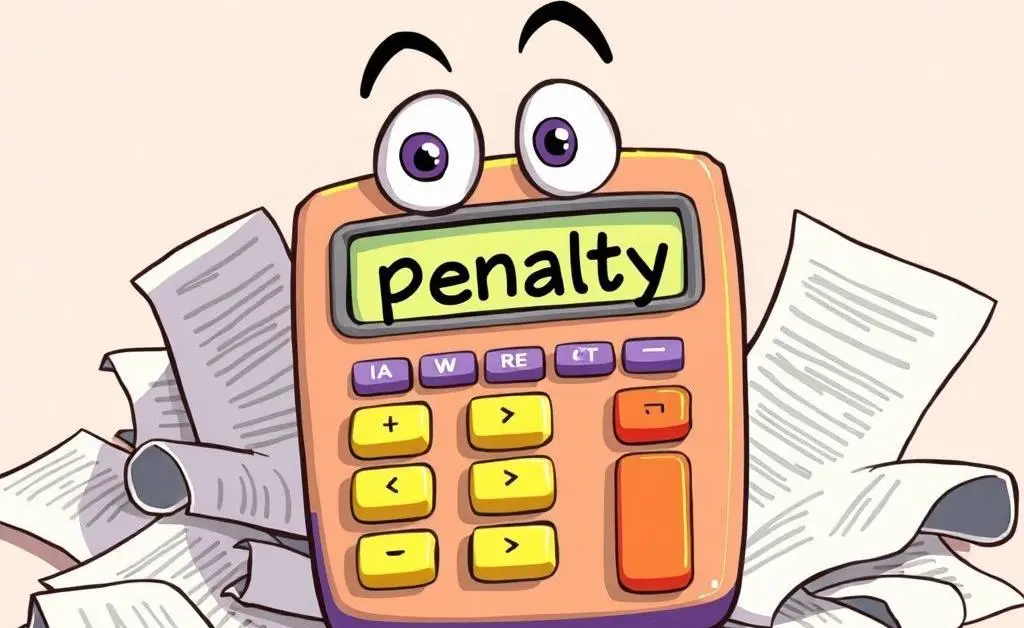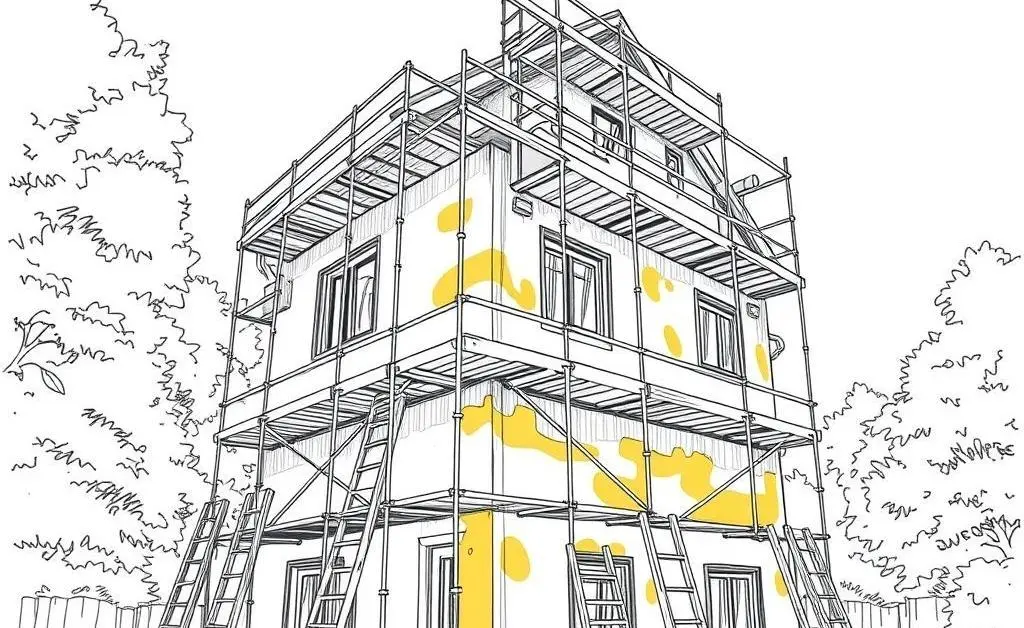Breaking Your Fixed Mortgage: What You Need to Know Before You Do
Thinking about breaking your fixed mortgage? Understand penalties, costs, and benefits with our friendly guide.

Thinking of Breaking Your Fixed Mortgage? Let's Break It Down.
So, you're considering breaking your fixed mortgage, huh? Before you take the leap, it's crucial to understand what that means for your wallet and future. With interest rates darting up and down like a squirrel on caffeine, many homeowners are eyeing this option. But is it right for you?
Let's delve into the nuances of breaking a fixed mortgage in a way that won't have you reaching for a calculus textbook—or a box of tissues.
What Does Breaking a Fixed Mortgage Entail?
A fixed mortgage offers stability; like the trusty, albeit sometimes bland, vanilla ice cream of loans. You know what you'll pay each month, and predictability can be comforting. Breaking it, however, means shaking up the status quo and diving into potential costs and benefits.

Potential Costs: Calculating the Penalty
Penalties. That's the not-so-sweet part of breaking your fixed mortgage. Lenders often impose a charge which can be either:
- A three-month interest fee.
- Interest Rate Differential (IRD) - usually the pricier option, meant to compensate for interest lost by the lender.
Imagine this is like being caught sneaking out of a family reunion—you're paying for ducking out early.
Is It Worth the Break?
While penalties might sting, sometimes breaking your mortgage can save money in the long run, especially if you're refinancing for a better rate or snagging some home equity for renovations. Picture Sally, a friend who redid her kitchen and living room when she switched mortgages, boosting the home's market value well beyond her breaking costs!

Before deciding, weigh these factors:
- Rate savings potential: Can new rates save enough to offset penalties?
- Financial goals: Moving soon, or planning major expenses that need funding?
- Consultation with your lender: They might offer options that better suit your current needs.
Steps to Take Before Making the Leap
Okay, if you're leaning towards making this change, here's a quick checklist:
- Calculate potential penalties with your lender.
- Compare new mortgage plans for long-term savings.
- Consult a financial advisor for a personalized plan.
- Think about your five-year plan—will a new mortgage support it?

Conclusion: Is Now the Time?
Breaking a fixed mortgage isn't a decision to be taken lightly, but it can align well with new financial opportunities or life changes. With potential penalties and savings to consider, it's all about balancing short-term costs with long-term gains. What matters more to you right now—immediate stability or potential future savings? Let's chat in the comments, what’s driving your decision?




